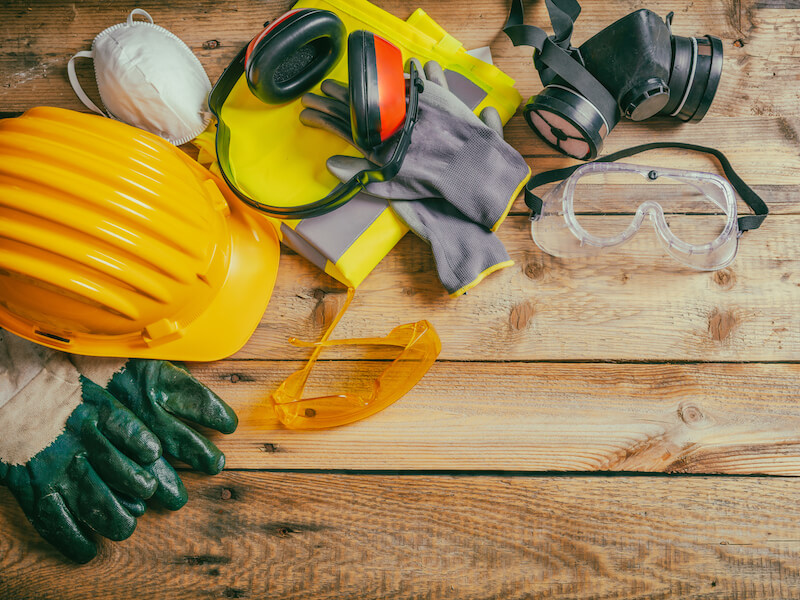
Each year, approximately 2 million workplace injuries are reported. Usually, we think about a hand caught in a piece of machinery or a flying projectile when we consider work-related injuries.
But there is a much more pernicious on-the-job injury that is even more prevalent and frequently unnoticed. It sneaks up on people really gradually over the course of several years. The injury goes unnoticed until the effects become impossible to ignore. People often make excuses. “It’s just part of aging” or “It’s not a permanent issue”. This response is common.
Many individuals don’t even recognize it was caused by their workplace environment.
The insidious injury is hearing damage. There are some important steps you should take if you detect any of the numerous warning signs.
Exactly When Does The Volume Become “Too Loud”?
Continual exposure to sounds above 85 decibels (dB) can cause long-term damage to your hearing. Seventy-five dB, for example, is the average volume of a vacuum cleaner. A lawnmower generates 85 dB. If you’re exposed to a chainsaw or leaf blower you’re dealing with 100 dB. And the volume of a gunshot logs in at 140 dB.
How noisy is your workplace? Are you being exposed to the most prevalent workplace injury? If you’re frequently exposed to something as loud as a lawnmower, even if it’s not constant, your hearing is likely to become damaged over time.
Hearing Injury Signs
You’re absolutely harming your hearing if you work in a noisy environment without hearing protection.
Your experiencing hearing loss if you notice any of the following symptoms:
- You think people speaking to you are constantly mumbling.
- When people speak, you tend disengage.
- Your friends and family tell you your TV, radio, or computer tablet volume is too high.
- You can’t understand the person speaking if there’s background noise.
- Conversations sound muffled.
- Loud noises cause pain in your ears.
- You confuse consonants – “Todd” sounds like “Dodd,” for instance.
- You often ask people to repeat what they said.
- You’re hearing noises in your ears like ringing, whistling, or hissing.
What Are Employers Doing to Reduce Hearing Damage?
In settings that are extremely loud, technology is being used by businesses or organizations to reduce workplace noise. Workplace noise will be minimized as new guidelines are being put in place by governments to protect workers.
As more employees become aware of the chronic damage they have suffered due to workplace noise, they are coming forward. With time, their voices will bring about further change.
Preventing Additional Damage
If you work in a loud environment, the best thing you can do is safeguard your ears before any damage occurs. Potential damage will be decreased by wearing protective earmuffs or earplugs.
Schedule an appointment for a hearing exam as soon as possible if you suspect a noisy workplace has caused damage to your hearing. When you identify the extent of your hearing loss, you will learn how to counter further damage going forward. We can help you develop strategies to prevent additional hearing loss and manage the damage you’ve already experienced.
